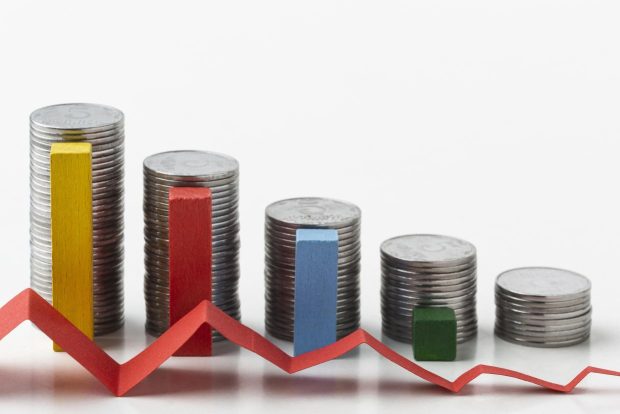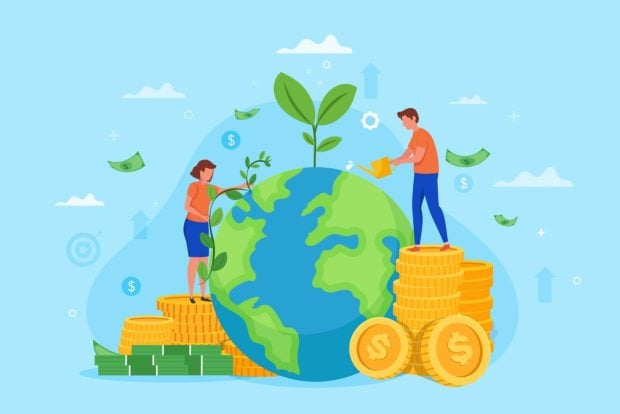IMF report highlights tax benefits of tackling corruption

Reducing corruption could raise tax revenues by US$1 trillion annually, according to the IMF’s 2019 Fiscal Monitor, if the world’s most corrupt countries make progress in tackling the problem over the years ahead.
The annual report, published earlier this month by the International Monetary Fund’s Fiscal Affairs Department, focuses on corruption and fiscal policy. On corruption, it notes that – when comparing countries of similar income levels – the least corrupt countries collect four percentage points more of their GDP in tax revenues.
“Corruption helps some people evade taxes, whereas others often end up paying more,” it says, while “the quality of public services and infrastructure is undermined when government decisions are driven by bribery or nepotism.” Comparing countries of similar income levels, the report’s authors calculate that if the most corrupt countries reduce corruption by an average of the rate of reduction amongst those nations which have made headway over recent years, their tax take could rise by US$1tn in 20 years.
Stories of success
The IMF report pulls out examples of countries which have managed to reduce corruption, including Georgia and Rwanda.
In Georgia, the tax code was simplified, tax loopholes were eliminated, and the number of taxes and import tariffs were reduced. One-stop windows were introduced for procedures such as registering businesses and clearing customs.
According to the Monitor, “strengthening fiscal institutions” has also been an integral part of the fight against corruption in both countries. And they undertook major civil service reforms, including striving to eliminate ghost workers and increasing wages.
Vitor Gaspar, director of the IMF’s Fiscal Affairs Department, said: “In Georgia and Rwanda, improvements in the fight against corruption helped raise tax revenue by 13 percentage points and six percentage points of GDP respectively within just a few years of major reforms.
“Reducing vulnerabilities to corruption requires reforms at home, but it also requires international cooperation. For example, through punishment of foreign bribery and action to curtail opportunities to hide corrupt proceeds abroad.”
Clean sales
Cleaning up public sector procurement has produced big rewards for several countries. Chile, for example, has introduced an e-procurement system: “It is a relatively cheap initiative that can open competition, so you can have bidders from any place in the country or the world, and it makes it very cheap and transparent for companies to bid,” commented Paulo Medas, co-author of the Monitor.
South Korea has one of the most complete e-procurement systems, covering the entire procurement cycle electronically. A corrupt activity analysis system is in place, and suspicious cases are investigated.





















